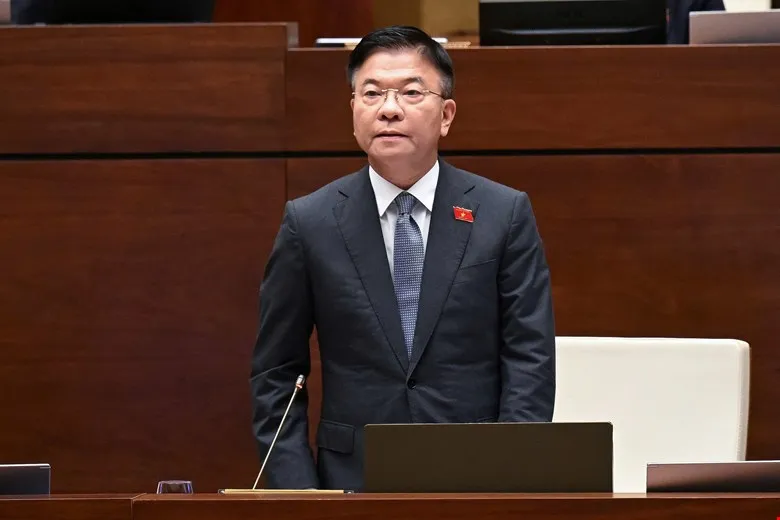
At the end of the working session on the morning of May 28, National Assembly deputies discussed the draft Law amending and supplementing a number of articles of the Law on Economical and Efficient Use of Energy.
Regarding the regulation on energy labeling for construction materials, Deputy Tran Quoc Tuan (Tra Vinh) emphasized that construction is one of the industries that consumes the most energy. According to the World Bank, this industry accounts for 36% of total global energy consumption and nearly 40% of CO2 emissions. In Vietnam, more than 60% of electricity in buildings is used for air conditioning and lighting, mainly due to the inefficient use of construction materials.
Therefore, Deputy Tran Quoc Tuan proposed that the Government issue a roadmap for mandatory labeling of some construction materials that have a major impact on electricity consumption; build a Vietnamese standard system on energy efficiency with construction materials that are in line with international standards; socialize testing and certification activities along with applying a platform to access energy labels so that people, even if they are not engineers, can understand how good the products they are using are...
Regarding the proposal to regulate the energy service company (ESCO) model, a very new model, Deputy Tran Quoc Tuan suggested that the Government build a mechanism to support the development of this model because it is "mutually beneficial". The Deputy cited that 25 countries have effectively applied the above model, considering it an important tool to promote energy transition. China, thanks to financial support and tax exemptions, after 24 years of implementation, has 6,000 enterprises in this industry, generating revenue of 82 billion USD, reducing more than 100 million tons of CO2 per year. South Korea has over 300 companies operating strongly thanks to the State's energy saving fund...
"In Vietnam, there are currently about 200 small businesses operating under the energy service model. Despite the large number, each is weak due to the lack of financial support and credit guarantees for ESCOs," said Deputy Tran Quoc Tuan.
According to him, businesses cannot buy ESCO services based on trust alone. Second, there is a lack of an independent measurement and monitoring system. “If we do (apply energy-saving solutions) but don’t measure them, it’s like taking an exam without getting a score,” the delegate said.
The delegates suggested that the Government pay attention to establishing a fund to promote the use of energy economically and efficiently; allowing ESCOs to access and guarantee green credit and issue green bonds; exempting and reducing taxes for high-performance projects; developing a set of measurement and verification criteria; and socializing monitoring activities.
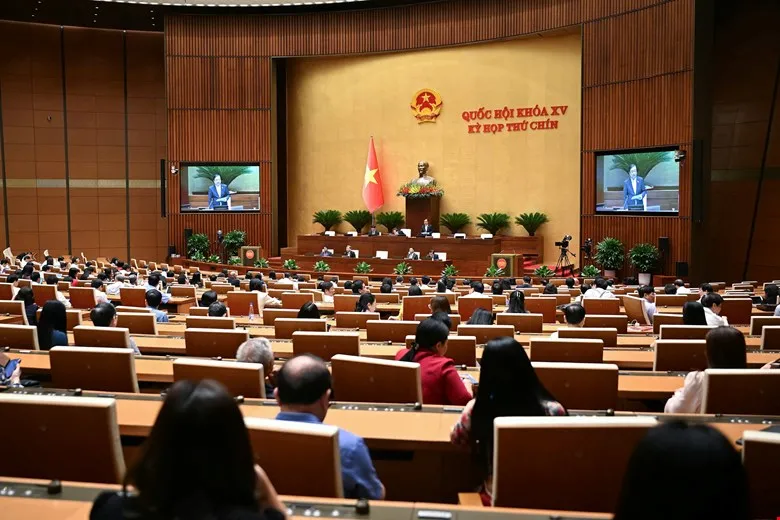
Delegate Nguyen Van Canh (Binh Dinh) agreed with the provisions on incentives for fuel-efficient vehicles using liquefied natural gas, synthetic biofuels and electricity stipulated in the draft law and proposed to add content that prioritizes encouraging individuals and organizations to propose reasonable traffic organization solutions so that vehicles can travel quickly and smoothly, thereby helping to use energy economically and effectively.
The delegate used visual images to show that traffic organization is very good, bringing about many effective aspects at the Phu Dong roundabout, District 1, Ho Chi Minh City. "The organization at this roundabout can be applied to most congested roundabouts in urban areas across the country. Although traffic at this roundabout is always crowded, there is no congestion even during rush hour," the delegate commented.
At the end of the discussion, Deputy Prime Minister Le Thanh Long acknowledged the opinions of the delegates and added that the fund for promoting the use of energy economically and efficiently was already in the direction of the Politburo. This is not a new organization but just a new institution to increase the socialization of resources for this work. "The Government will have a specific plan for the operation of the fund," Deputy Prime Minister Le Thanh Long pledged.
Regarding the proposal to label energy for construction materials and some other products, the Deputy Prime Minister affirmed that this is being done, only that it is now being transferred to a post-audit mechanism. The Deputy Prime Minister said: "State management agencies only focus on guiding, promulgating standards, norms and even models of such labels; enterprises decide for themselves and the State conducts post-audit."
Source: https://www.sggp.org.vn/can-he-thong-do-luong-giam-sat-doc-lap-de-su-dung-nang-luong-hieu-qua-post797141.html



![[Photo] Prime Minister Pham Minh Chinh attends the event "Digital transformation of the banking industry by 2025"](https://vphoto.vietnam.vn/thumb/1200x675/vietnam/resource/IMAGE/2025/5/29/0e34cc7261d74e26b7f87cadff763eae)


![[Photo] Prime Minister Pham Minh Chinh receives leaders of Excelerate Energy Group](https://vphoto.vietnam.vn/thumb/1200x675/vietnam/resource/IMAGE/2025/5/29/c1fbe073230443d0a5aae0bc264d07fe)

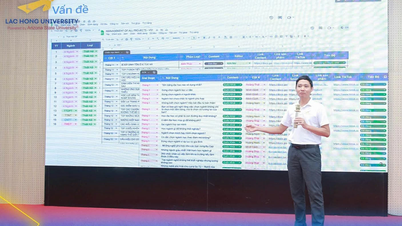






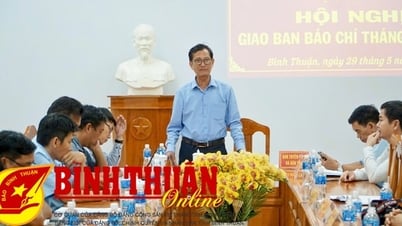

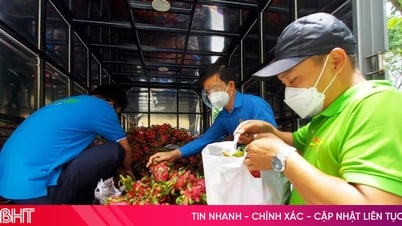






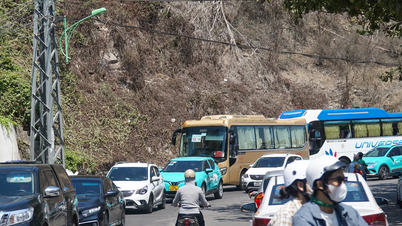
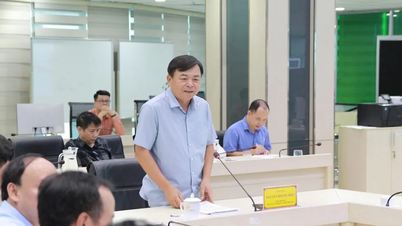
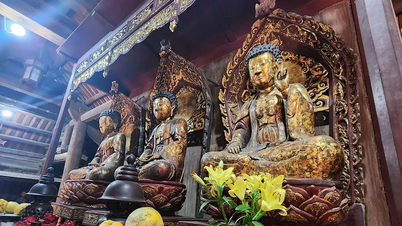

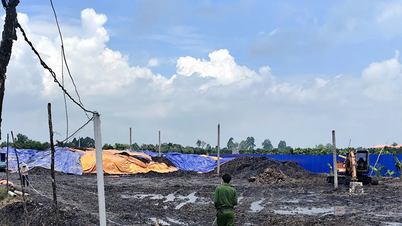





















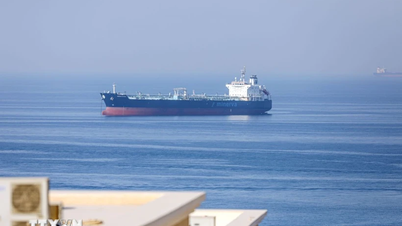




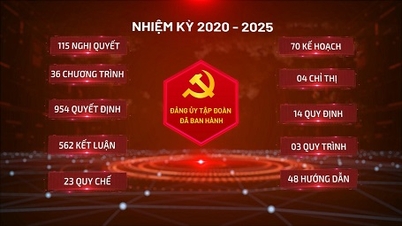


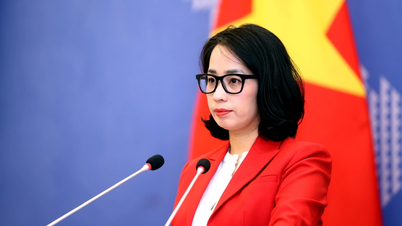


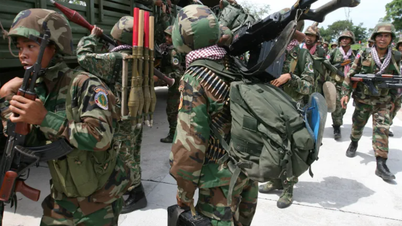




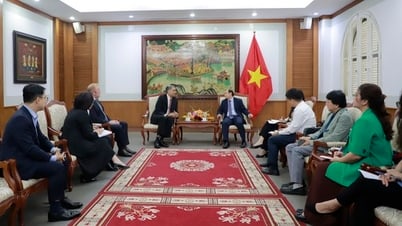
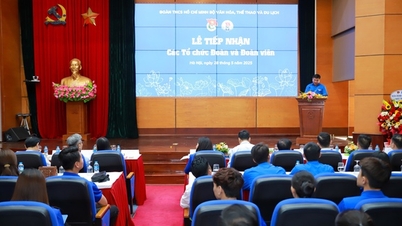
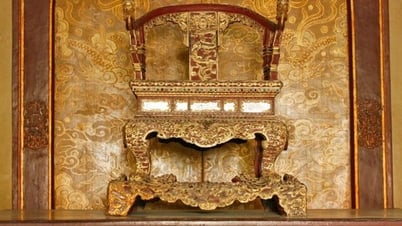
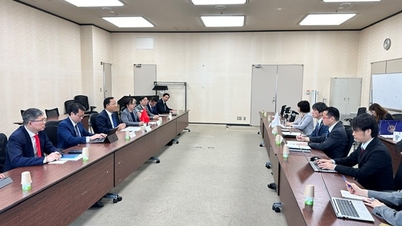

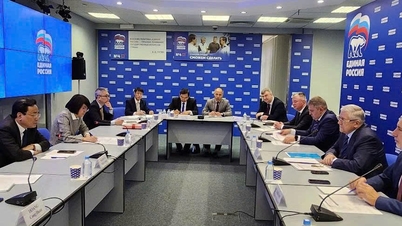

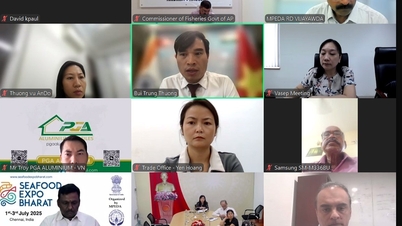
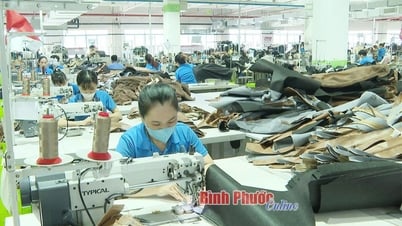



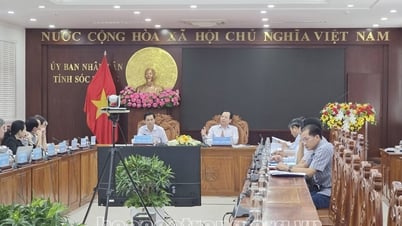

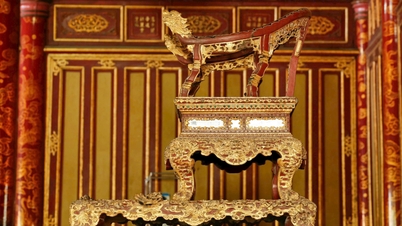



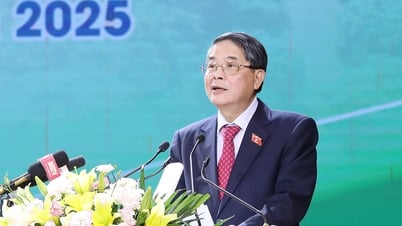








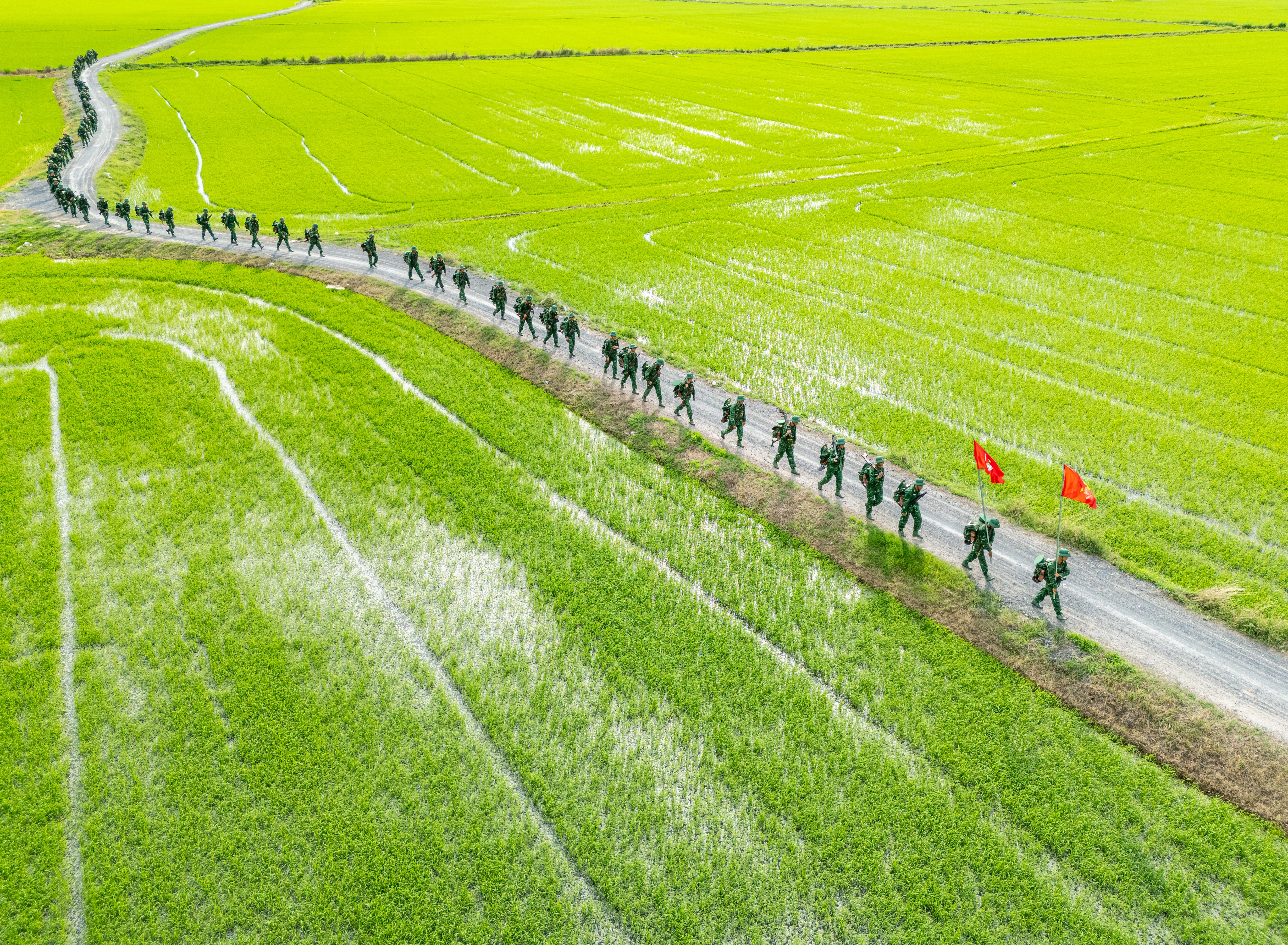



Comment (0)